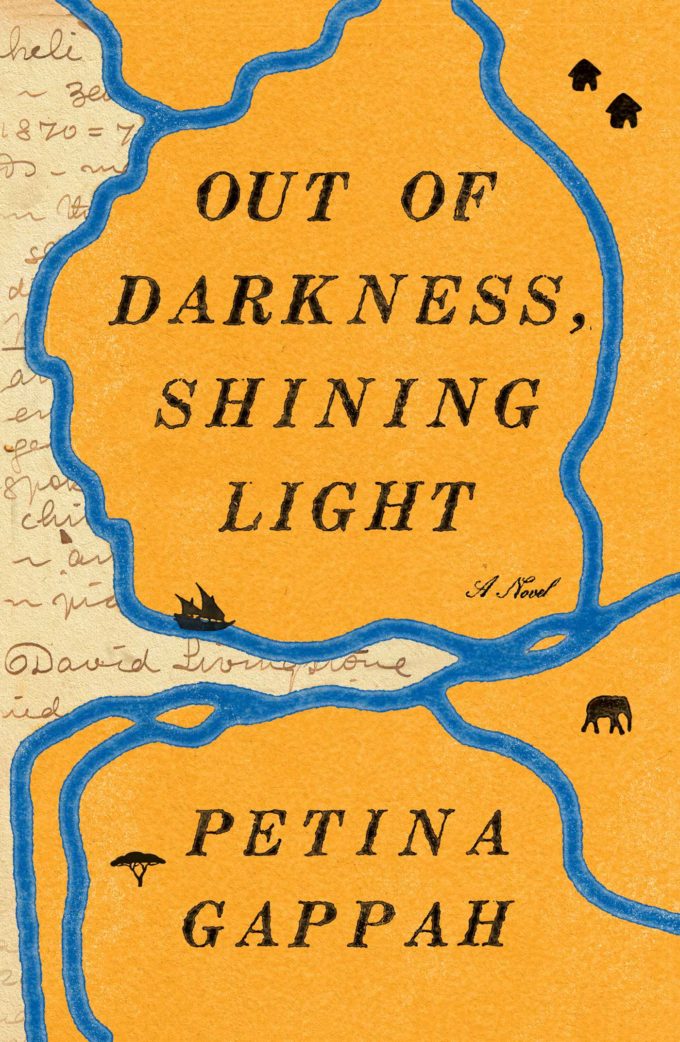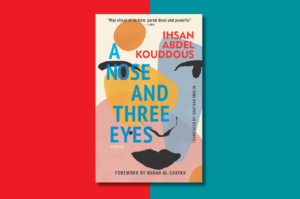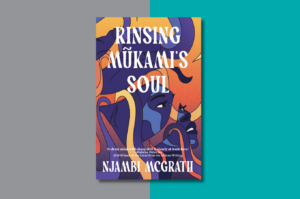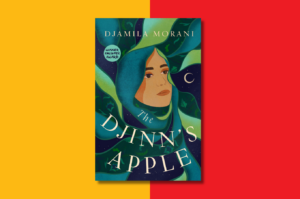
A butler, Amoda said to me, is a person who brings things to table. As if I did not know such a thing. I could tell him all about men who bring food to table, didn’t we have thousands of those, eunuchs and butlers and all the rest, at the Liwali’s house, and at the qadi‘s house too after that, ah, but he was a mean man, the qadi, it was all “the Prophet says this” and “the Prophet says that,” and “peace be upon His name and bounties on His blessings,” but with no kindness to him. He would not allow even a crumb of stale bread for the blind beggars in Forodhani, and it is as well that he died and his son sold me on and I was there for only seven months.
In the Liwali’s house in Zanzibar, people sat down to eat from silver and gold plates, they sat and feasted from dishes they picked out from the long sefra that ran almost the length of the room and was so covered with dishes of food that you could not see the wood it was made of. There were bowls and bowls of lamb cooked in ginger and rice boiled in chicken broth, rice boiled in tomato juice, rice cooked with beef and with fish, and with vegetables and chicken too, and for very special festivities rice boiled in cloves and coriander and cardamom and cinnamon and raisins.
There were syrups made of dates, syrups made from honey and tamarind, and the coffee, oh, it was spiced and scented, you could smell it miles away, the best coffee too, from Arabia and Abyssinia. And the spices, from everywhere they were; cassia and cloves, nutmeg and cinnamon, cardamom and saffron, and peppers of all colors. Though there were only ever two meals, one in the morning and another toward sunset, in between the meals there was coffee and tea and lemonade and sugared water, and cakes and fruit. And there were breads and sweetmeats too, and pastries so sweet that they hurt the teeth, and pomegranate seeds.
My teeth grind something terrible when I remember those pomegranate seeds. From Mesopotamia they were, pink and juicy and crunchy, just the thing to eat on a hot day, in between sips of water cold enough to quench the throat, for it was always kept in the shade of the coolest place in the kitchen.
I was meant to help my mother, Zafrene, take them round to all the women of the Liwali’s harem, but I could never stop myself from slipping some into my mouth as I made my quick way to leave them in the bedrooms. And though my mother, Zafrene, scolded me, she always made sure there was enough in the bowls that I would not eat them all before they got to where they were destined to be.
I was getting powerful hungry just thinking of all this food. “And what is more,” I snapped at Amoda, “in the Liwali’s house we did not have ants running in and out of the food while people ate, I will tell you that for nothing.”
BUY Out of Darkness, Shining Light by Petina Gappah









COMMENTS -
Reader Interactions